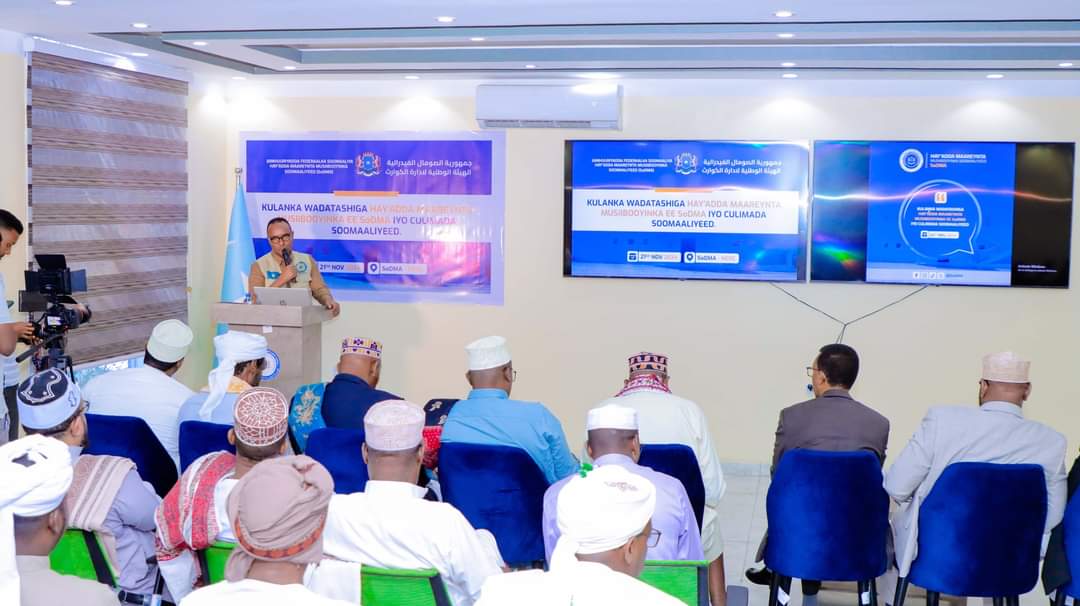Sierra Leoneans are caught in the web of extreme suffering to the point of death due to an accelerated inflation of basic food commodities precipitated primarily by fuel pump price hike, sharp increase in electricity tariff, and above all a predictable increase in telecom tariff by mobile companies to be soon announced.
“Due to the recent hike in the prices of petroleum products, electricity tariffs, and the foreign exchange rate in the country, the telecommunication sector is expected to normalize its tariff soon,” a credible source within the telecom industry states.
Just a month after the increase in the prices of petroleum products from Nle 25 to Nle30, the Electricity Distribution and Supply Authority (EDSA) on October 1st issued a statement announcing a new tariff with nearly hundred percent increment.
“On September 21 I credited my EDSA meter with Le500,000 and I got 178 units, and in just over a week today, I credited the same amount and I got 115 units. What EDSA is not just criminal, it is wicked and evil. EDSA has chosen to somehow transfer the technical and commercial losses to the consumer instead fixing the perennial transmission, network and theft problems with determination,” lamented Ade Macauley, a senior citizen.
EDSA had submitted that the tariff increase was precipitated by rampant theft of electricity and that the institution was running at a loss.
Airlines in Sierra Leone have also informed the public about the new tax that should be paid by outbound passengers.
“As directed by government of Sierra Leone, there will be an increase in taxes of about one hundred and sixty-five dollars (USD 165.00) for all travel out of Sierra Leone. This new tax takes effect from 1st of December, 2023, hence all ticket issued now for travel from the 1st December,2023,will attract the new tax.”
For the mobile companies, which are private and profit making entities, there argument is that all other sectors have adjusted their charges as a result of the factors listed above, but it is only the telecommunication sector that has been left unattended.
“We are of the view that if nothing is done to protect the sector from facing economic insolvent it will be counterproductive to the state in terms of revenue generation, youth employment, and providing financial and moral support to national activities. This sector which has been ostensibly neglected is currently one of the highest taxpayers in the country that has the highest rates of youth employment. With no iota of doubt, if the tariff normalization does not take effect soon, there is a tendency for over 50% of staff within the sector to lose their jobs and there is also a proclivity for the sector to scale down or short down some sites in remote areas where they are spending millions of Leones to provide connectivity. This it will be a burden on the people and government of Sierra Leone which is more the reason that the tariff adjustment is needed now to prevent such shortfall in the sector,” Kandeh Sesay, a journalist and newspaper owner.
Kandeh believes that other sectors like the media, sport, entertainment, tourism, education, child welfare, civil society that are currently benefitting hugely from the magnanimity provided by the telecommunication sector will be left to suffer.
A seasoned economist, Mr. Dennis Sankoh has argued that when the cost of producing goods or services is higher than the profit margin, it will lead to a shutdown of operation. Therefore, he has urged the government of Sierra Leone to intervene by factoring a new tariff adjustment to protect the telecommunication industry from falling or find a win-win situation that will lead to economic equilibrium in the sector.
“If the telecommunications sector continues to face serious economic challenges or crisis it will hurt the economy in terms of services, trade, Corporate Social Responsibility, and employment,” he warned, adding by applauding the telecom sector for still being committed to driving investment in the sector.
However, the economic expert is of the view that the constant rise in input costs whilst the tariffs are stagnated at a rate that had been fixed since January 2023, it difficult for the sector to make more gains in terms of investment and creation of jobs in the country. He added that the situation will be further exacerbated by the devaluation of the Leone as against the dollar.










